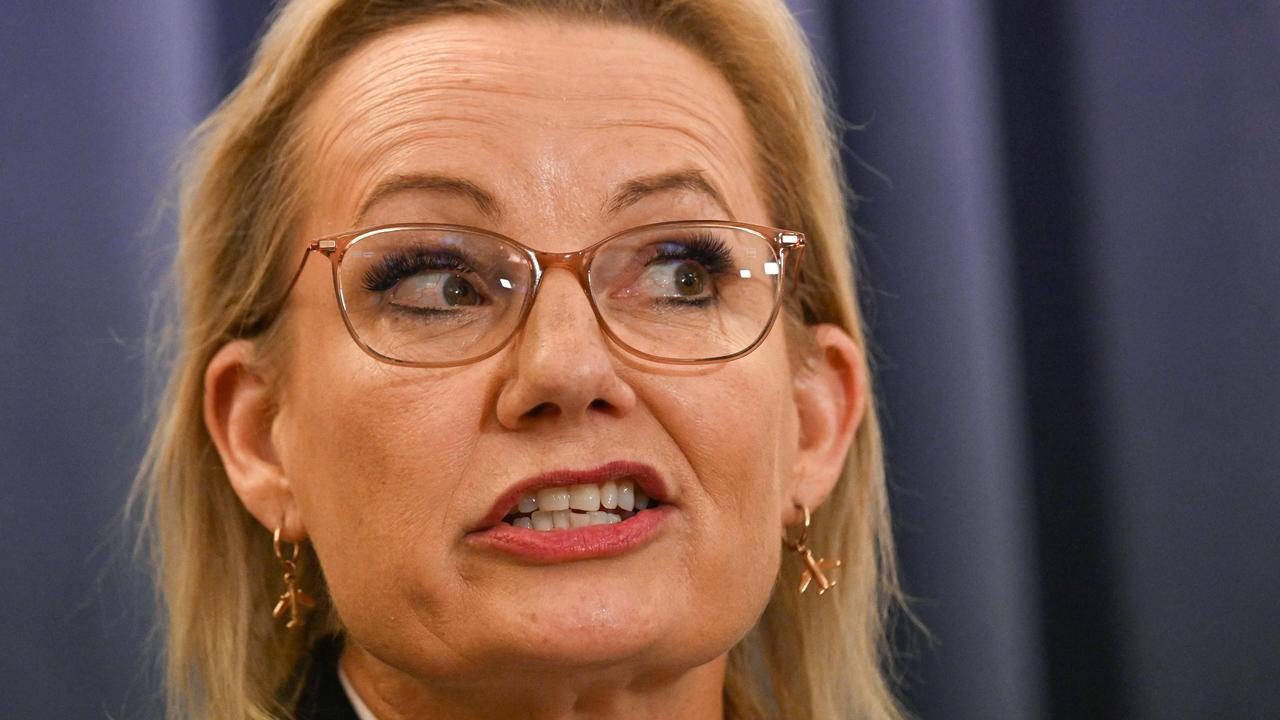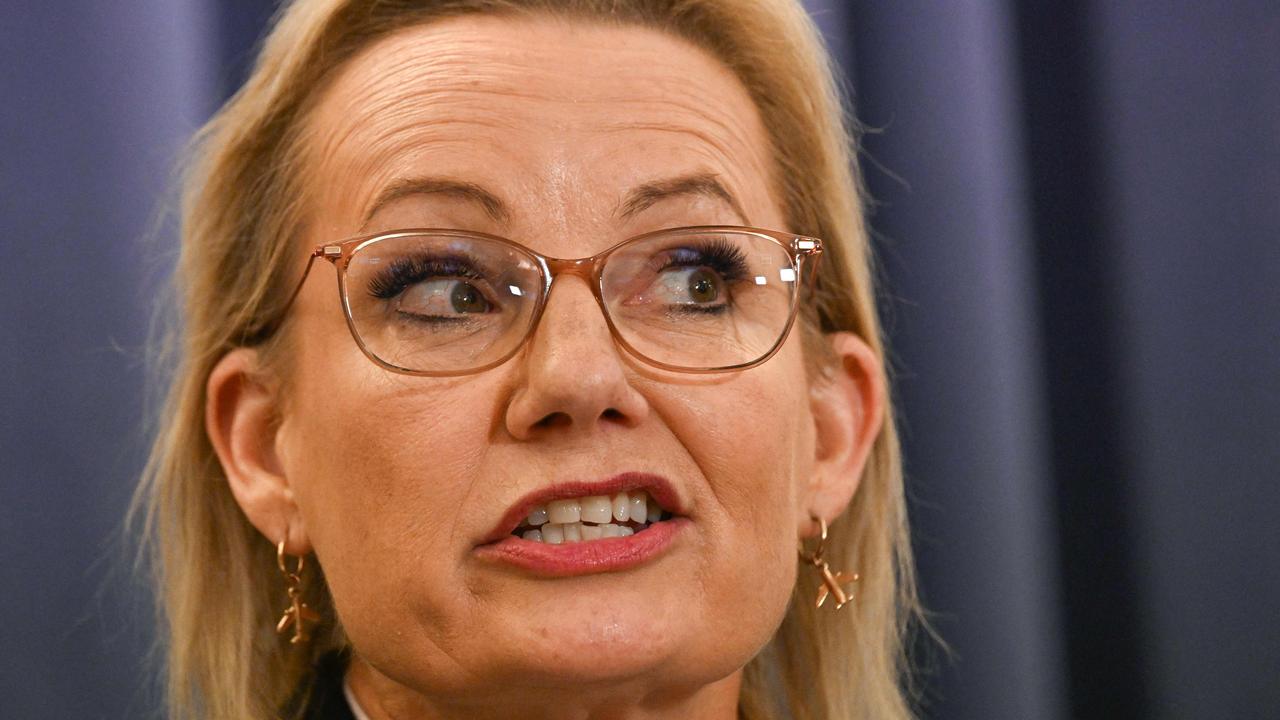Can moving to the middle save the Liberals? Absolutely not | Alexander Downer
The Liberal Party is at risk of making a fatal mistake and its time is fast running out, writes Alexander Downer.
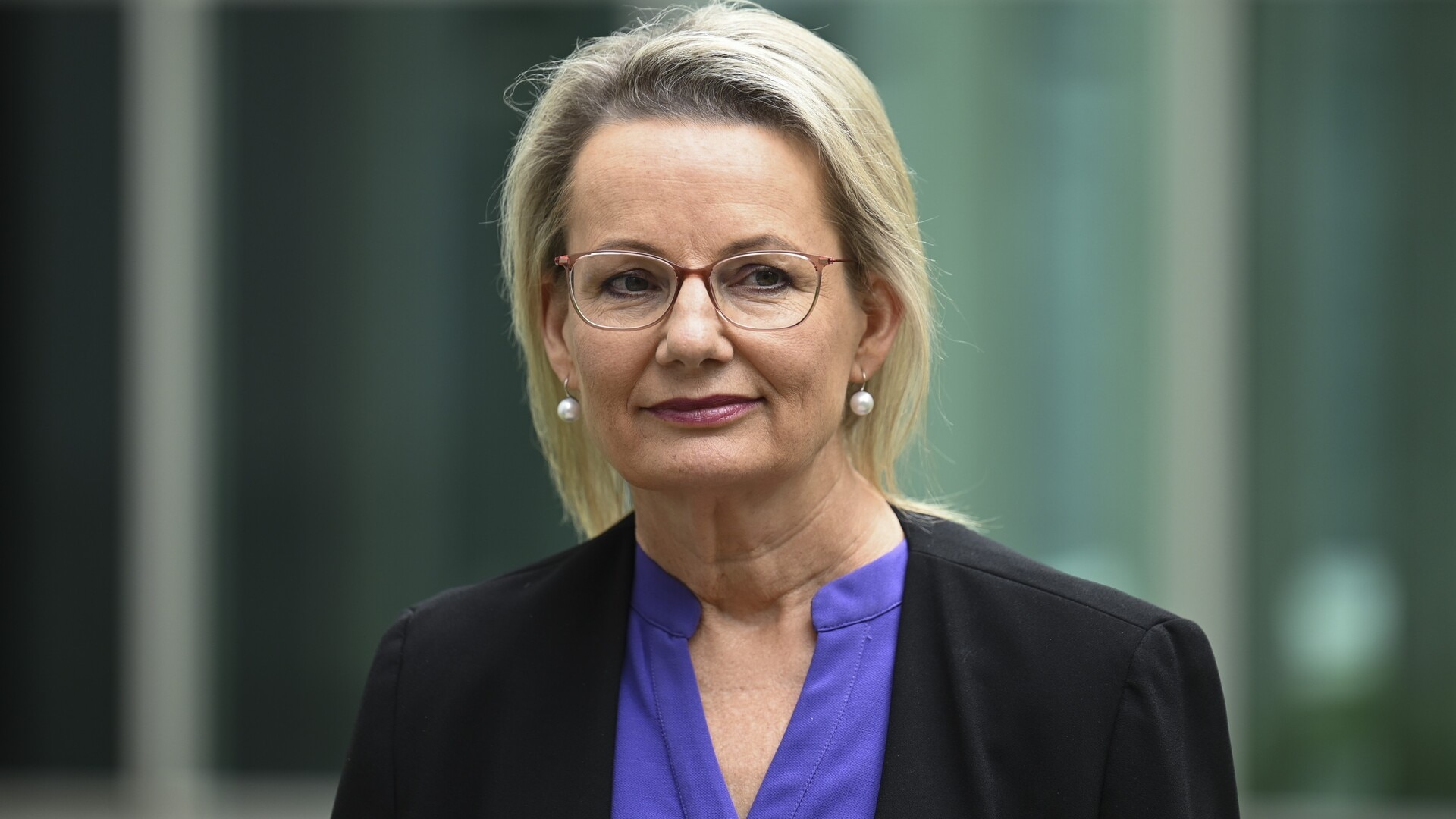
Analysis
Don't miss out on the headlines from Analysis. Followed categories will be added to My News.
One of the most fatuous tropes emerging from the recent federal election was that the best way to govern is from the middle.
Governments should make sure they’re not too left wing or right wing but somehow middle of the road.
For a moment you may think that sounds sensible. After all, to be dubbed an extremist could trouble voters.
But stop for a moment and ask yourself what middle of the road really means. Is someone who is a centrist someone who agrees with you and anyone who disagrees is an extremist? Is that what it means?
Or does it mean someone who agrees with a gaggle of Canberra press gallery journalists talking on a Sunday morning TV program?
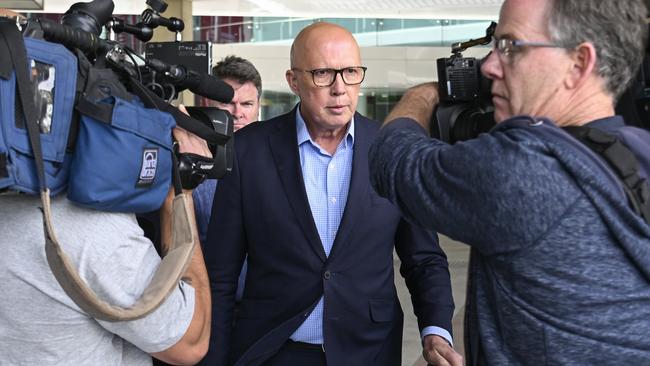
Here’s another test. Think about who in history you regard as truly great politicians, people who didn’t just win elections with cunning electoral carrots and beating their opponents with heavy sticks, but who when they were in power did transformative things and when they retired or died had a stunning record to show for their time in politics.
That’s not many of course.
People on the political left might nominate Clement Attlee, the post-war British prime minister who did more to set up the welfare state and the National Health Service than any of his predecessors.
He wouldn’t have been regarded as a centrist. He was derided by his political opponents as being a socialist. But some of the changes he made in the late 1940s have lasted to this very day.
Or take his political opponent, Winston Churchill. The centrist position in the 1930s was what today we call appeasement.
Churchill was regarded as an extremist and an outlier for calling for rearmament and forecasting the inevitability of war. And when it came to the war, plenty of centrists were pleading with him to negotiate peace with Hitler.
He took a hard line position, as you know. It paid off.
Then there was Ronald Reagan who, when he came to power, was regarded as a dangerous extremist because he wanted to confront the Soviet Union and win the Cold War against communism. To centrists this was heresy.
The centrist position was described as détente – that is, accepting the inevitability of the Soviet Union and its empire and finding ways of coexisting with them.
When Reagan described the Soviet Union as the evil empire, centrists were outraged.
Margaret Thatcher inherited a stagnant economy marked with endless industrial strife, low investment, low productivity growth and huge government debt, to the extent that the International Monetary Fund had to be called in to bail out the British government.
So Thatcher was not seen as a centrist when she said these problems could only be fixed by reforming the industrial relations system, slashing government debt, privatising inefficient government-owned monopolies and encouraging private sector investment.
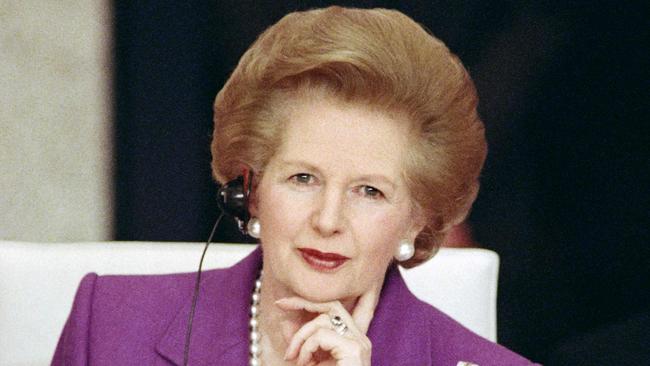
It was a formula which worked, but it wasn’t popular and it wasn’t seen as centrist.
The great political leaders of history are the very few people who understand their country’s challenges, articulate honest solutions to those challenges and stick with their solutions with conviction and courage.
Let’s think of Australia today. These are dog days for our country.
Our economy has been barely growing for a decade, productivity has been declining, government debt has been rising astronomically and our defence force has been neglected at a time of great uncertainty.
Real living standards have increased by 0.15 per cent a year over the last decade, yet the Organisation for Economic Co-operation and Development average increase was 2.01 per cent.
Our energy prices have been rising at an alarming pace, causing pain to consumers and forcing industries to relocate to countries with cheaper energy. Housing is out of reach of young people.
Yet during the recent election campaign, the political parties tacked to the so-called centre. And the public, however they voted, were left understandably disillusioned. They suspected there was no leadership. Just a contest of the opinion polls.
Addressing these issues with conviction, even risking controversial and creative solutions to these challenges, is what Australia desperately needs.
Yet all we had was the most successful candidates feeding back to the public what the polling showed. That was it.
It was a cynical exercise by cynical politicians who lacked conviction. They have a hunger for the status of power but not hunger to do anything much with that power.
So that’s a centrist. A politician who on a good day plays the game of politics well. But it’s just a game.
At this election, the Labor Party played the game much better than the Liberals.
And at the state level, they’re playing the game better than the Liberals already, yet we’re still nine months from the state election.
There is an opening here in South Australian politics for the Liberal Party or a political movement which instead of playing centrist, opinion polling-based politics, comes up with five or six clear solutions to the problems South Australia faces and gets out and sells those solutions to a cynical public.
But such an insurgent statesman or stateswoman needs to get on with it. There are only nine months to go.
More Coverage
Originally published as Can moving to the middle save the Liberals? Absolutely not | Alexander Downer




